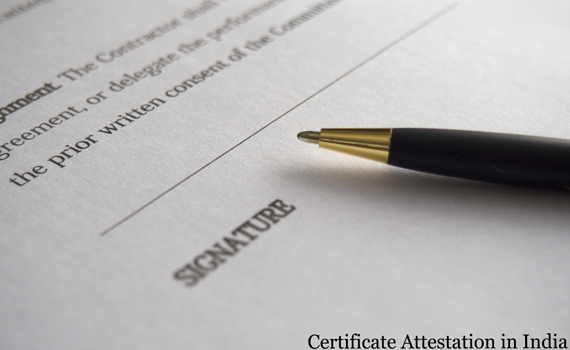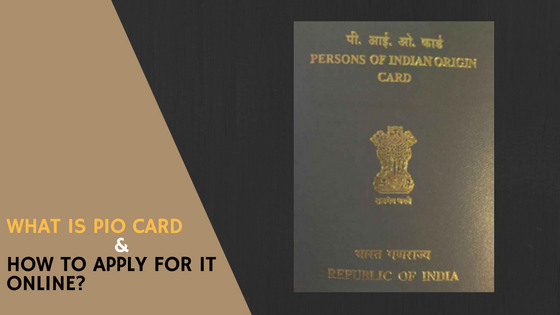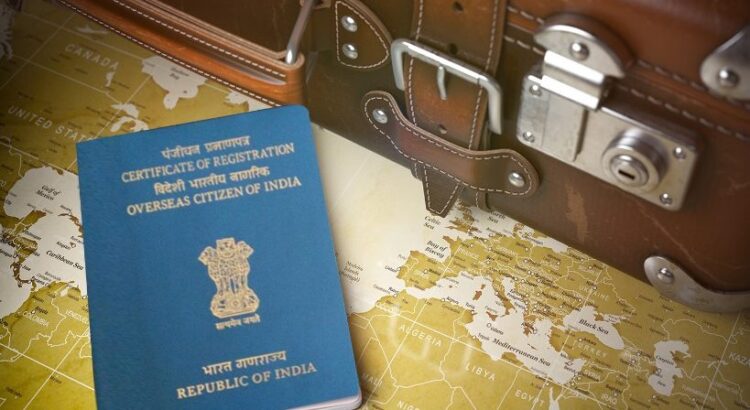People emigrate to live up their dreams. Lavished life and successful career tempt and prompt them to fly to abroad. Some intend to attain degree or diploma in specific field. At that time, they have to pass through ordeals of paper work and attestation. Every country has a set of norms for the citizens and foreigners. Apostille facility has eased the procedure of immigration. It removes all the glitches and provides effortless way to get stamps of the competent government or semi-government authorities.
Read MoreMonth: May 2016

What is Unmarried Certificate & What’s The Procedure to Get It?
What is unmarried certificate?
Unmarried certificate has its meaning hidden in its name. It is an authentic legal evidence of an individual’s unmarried status. Be it an offer letter or registration for passport, one must mention one’s marital status.
Ticking on ‘single’ status declares that the person is single. Therefore, this certificate is also known as single status certificate/ bachelorhood certificate/CENOMAR (certificate of no marriage).
Why it is needed?
Generally, many countries ask an NRI (or a foreigner) to showcase unmarried certificate. So, a person requires it if he/she intends to solemnize marriage with a foreigner.
For example, a doctor shifted to UK for practicing in medicine field. The emigrant intended to marry with the native of that country. But the government of the UK rejected his request until he presented unmarried certificate.
So, this legal paper authenticates the actual status of the emigrant. This document receives Apostille stamp. The government bodies, like court, MEA and state level departments in India, issues it after thorough investigation. So, foreign government requires it as a proof of the person’s citizenship as well.
What are the documents needed for it?
- Photocopy of the passport (first and last page)
- Birth certificate
- 10th certificate
- Address proof
- Applicant’s parents’ proof
- An affidavit stating that the applicant is not yet married. (date is also mentioned)
What’s the procedure to get it?
- The applicant should visit to Suvidha Kendra or DC office (if the applicant lives in India)
Or, an NRI can visit to the Indian High Commissioner with the foregone documents (if he/she lives abroad).
- Then, all the documents should be duly notarized.
- Take a stamp paper for affidavit and write the statement. Then, notarize it too.
- Submit all the documents to the visited authority with the requisite fee.
- After 15 days, a police inquiry will be conducted.
- Be ready with at least 2 witnesses. They can be the neighbours.
- After police verification, the papers will be sent to the MEA for final attestation.
- Thereafter, the unmarried certificate is sent to the applicant.
The certificate can be outsourced also. The applicant should indulge in thorough research to pick up a reliable one.

Levels of Certificate Attestation for Immigration
What does attestation mean?
Attestation defines the authenticity of the document. It marks the stamp of approval which denotes validity. For example, an attested birth certificate interprets its validity. This validity is proven by the Municipal Corporation of the region. And the corporation is governed by the government. Therefore, it is a proven document of an individual’s right of acquiring citizenship.

What is PIO Card & How to Apply for It Online?
What is PIO card?
PIO stands for Person of Indian Origin. On 15th September 2002, PIO card scheme became functional. However, it was drafted by the Government of India in 1999. The motto behind its drafting was to deliver convenience and easiness to the foreign natives. But one condition is applied here. The applicant should have the history of Indian origin. It means that the applicant should have Indian roots.
Read More











